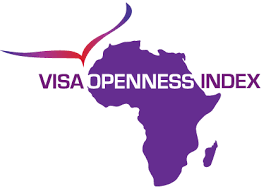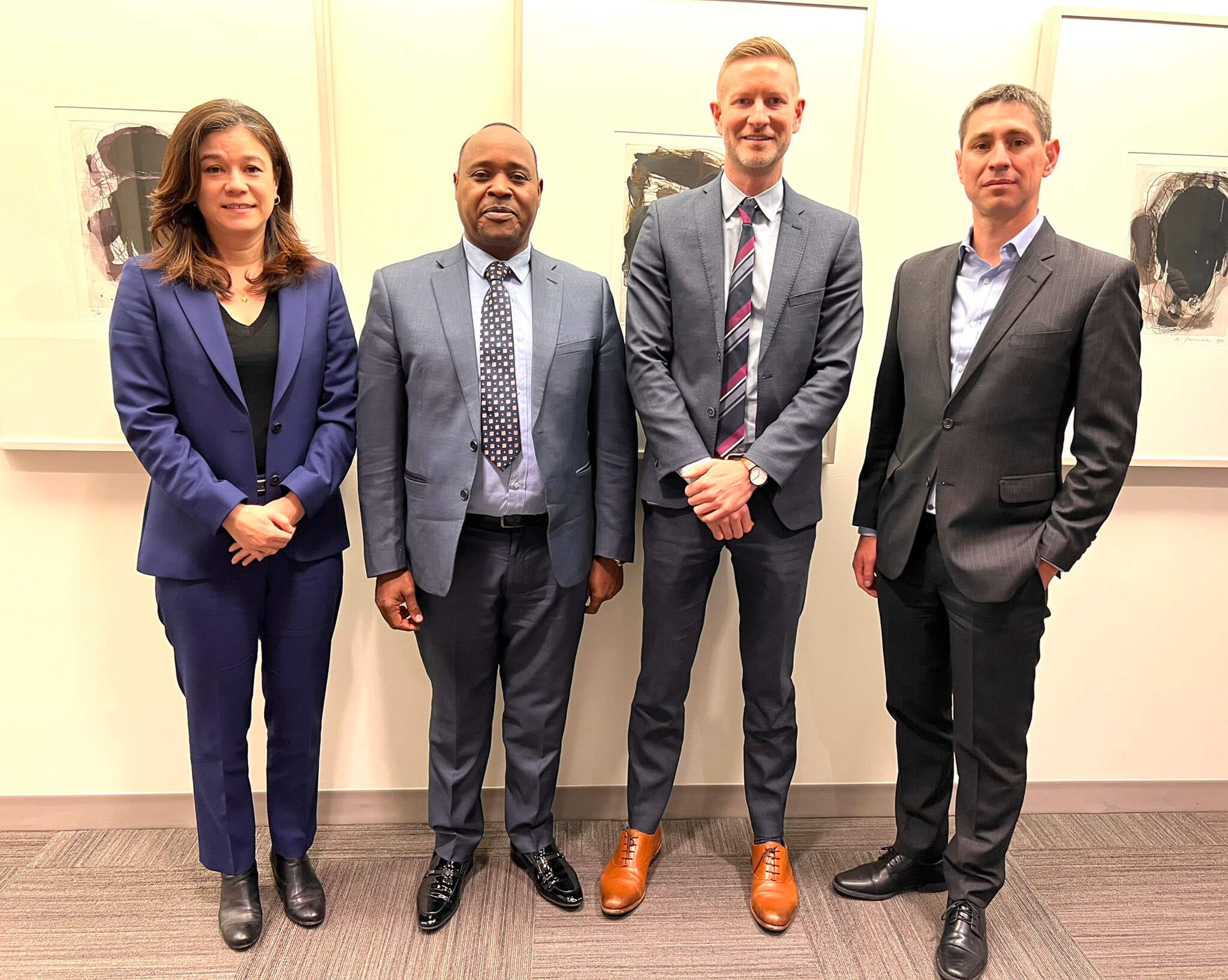Immigration restrictions between citizens of East African Community member states could derail the efforts by the bloc to align with the continental free trade policies.
New data prepared by the African Development Bank in collaboration with the African Union Commission show that while the EAC is generally supportive of integration and regional trade, members of the bloc have retained certain barriers on movement of people within partner states.
According to the Africa Visa Openness Index (AVOI), which tracks readiness of countries to accept each other’s citizens, shows that while the EAC had one of the highest openness scores in 2017, that grade dropped last year as member states increased and individual member states imposed their own restrictions.

South Sudan and the Democratic Republic of Congo, have joined the bloc since the first index was released seven years ago.
This expansion, it seems derailed wider openness in the bloc.
Both DR Congo and South Sudan still require visas from some of the EAC member states but overall, each of the seven-member states still ask for visas from at least one other member states. It means that EAC member states are only 76 percent open to each other’s citizens.
At the release of the report on Sunday, experts warned that the slow pace of opening up may in fact hurt trade ambitions.
“If you look at some of the regions that have some of the highest inter-regional trade, these are the regions that have inter-regional mobility,” said Maureen Achieng, the Chief of Mission and International Organisation for Migration Representative to Ethiopia, the African Union, the UN Economic Commission for Africa and the Intergovernmental Authority on Development, commenting on the findings.
Ms Achieng compared free movement of people, labour policies and open skies for air transport and the African Continental Free Trade Area Agreement (AfCTA) as “four wheels of a vehicle.”
“If one of those wheels does not move right, the vehicle will possibly grind to a halt.”
Members of AfCTA
All of the EAC member states are members of the AfCTA but South Sudan has not yet ratified it.
Only Kenya, Rwanda and DR Congo have joined the Single African Air Transport Market (SAATM). Both are definitive continental pacts to improve trade and movement by air transport.
The report says that the ratification of AfCTA and SAATM helps improve integration but warns that “in the absence of progress in a host of other disciplines, opportunities for trade will always be limited.”
“Access to the continent’s markets also depends on conditions that govern the trade in services.
Trading across borders requires communications, financial services, and transport, and many of these involve people moving across borders.
So do tourism, higher education, medical care, professional services and many others, says the Africa Visa Openness Report, 2022.
There were good signs, however.
Burundi’s immigration policies for other Africans improved significantly, seeing the country’s visa openness ranking rise by 32 places over the past year, and becoming the second most open country behind Rwanda in the East African Community.
SOURCE: THE EAST AFRICAN







